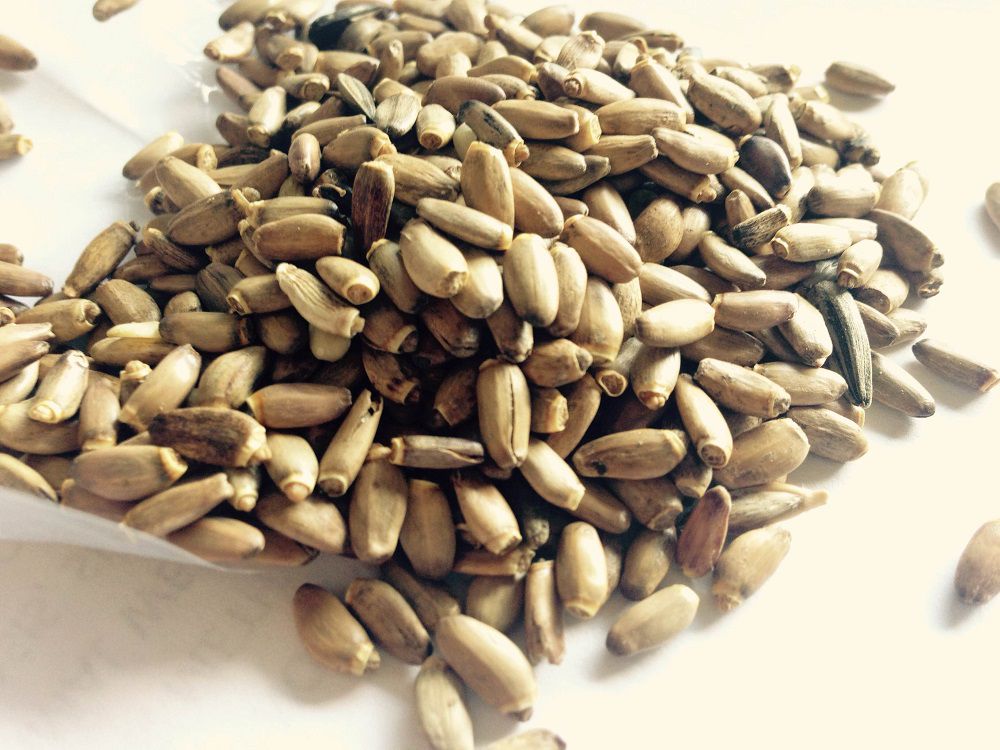Nutrition
Milk Thistle Microgreens
Today we’re sprouting milk thistle seeds in order to produce milk thistle microgreens, a functional food that significantly improves liver detox capacity. Not much reported in the literature about microgreens of milk thistle, though I did find this article.
The potential of milk thistle (Silybum marianum L.), an Israeli native, as a source of edible sprouts rich in antioxidants.
“Int J Food Sci Nutr. 2007 Aug 20;:1-8
Vaknin Y, Hadas R, Schafferman D, Murkhovsky L, Bashan N.
Department of Agronomy and Natural Resources, Institute of Plant Sciences, Volcani Center, Bet Dagan, Israel.
The potential of wild plants in Israel as sources of edible sprouts has not been investigated until now. Milk thistle (Silybum marianum L.) is native to the Mediterranean basin and is now widespread throughout the world; its young fleshy stems are traditionally eaten by the local Arab sector in Israel, and its sprouts are rich in antioxidants and have been used as a traditional medicine for diseases of the liver and biliary tract. The active extract of milk thistle, silymarin, is a mixture of flavonolignans and is a strong antioxidant that has been proved to promote liver cell regeneration, to reduce blood cholesterol and to help prevent cancer. The present objective was to investigate the potential of milk thistle as a source of edible sprouts rich in antioxidants. We found that seed germination within 3-4 days was high (96%, except for striated seeds). Exposure to light significantly reduced sprout growth and significantly increased the polyphenol content and antioxidative capacity. The polyphenol content was 30% higher in seeds originating from purple inflorescences than in those from white ones. We thus found milk thistle to be a good candidate source of healthy edible sprouts.”
Notably the exposure to light reduces growth and increases polyphenol and anti oxidant activity. That’s when we remove the canopy from the germinating seeds and allow them to become milk thistle microgreens. Silymarin is the functional phytocompound from the milk thistle plant. It is a complex of flavonlignans and polyphenols. Silibinin is the active compound in silymarin and it is a commonly recommended treatment for individuals with liver disease. Seeds are taken from the dried milk thistle flower. It works apparantly by promoting liver cell protein synthesis and decreases oxidation of glutathione. It may also have anti cancer properties.

